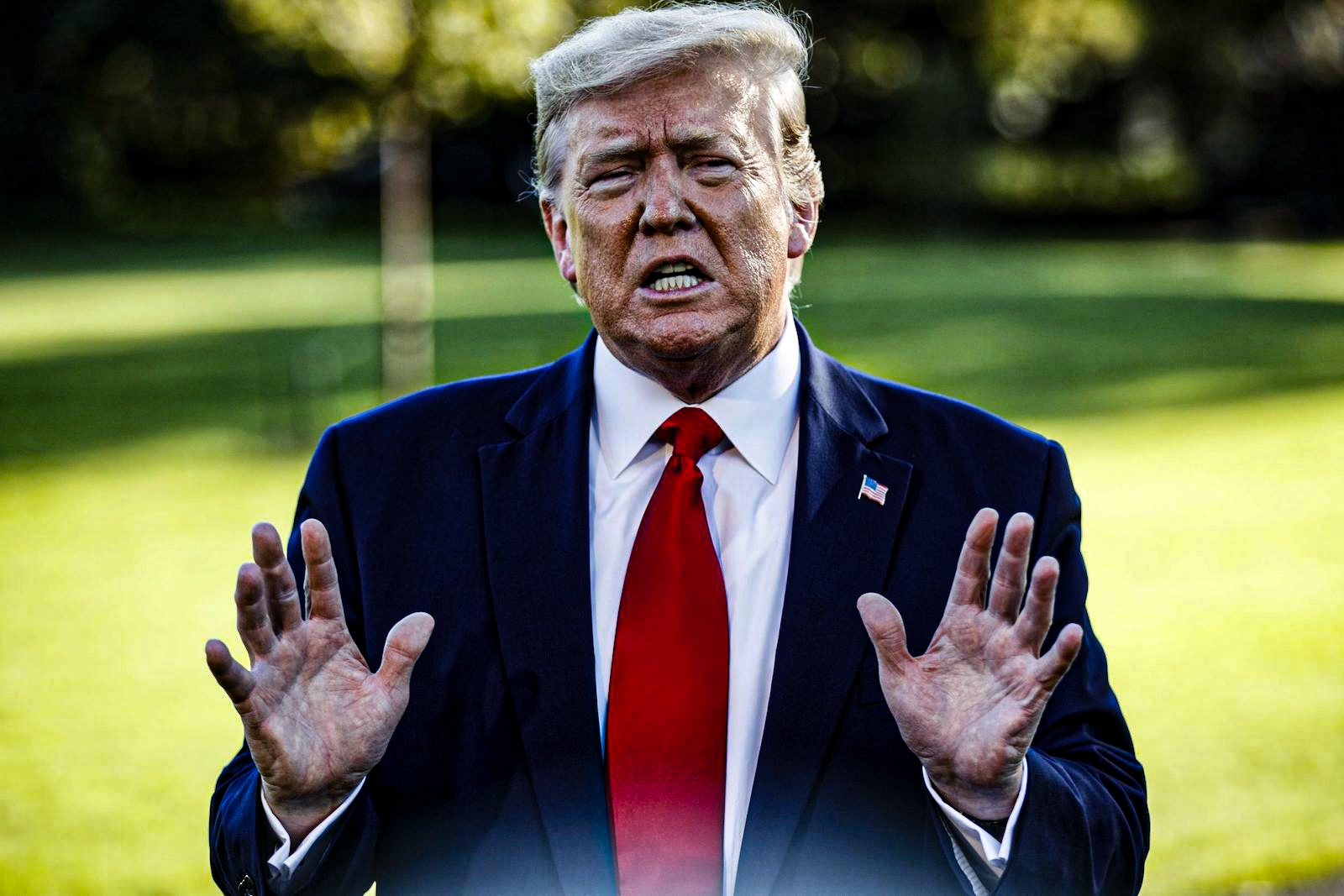
Politics
Was the FBI’s Mar-a-Lago Search Legal? Only the Docs Know
A rift has emerged at the core of American political life as a result of the FBI’s search of Mar-a-Lago, Donald Trump’s residence in South Florida. An attorney general with a reputation for caution and for restoring standards has taken bold and unusual action. Merrick Garland, a former judge nominated by former President Obama to serve on the U.S. Supreme Court, has changed into Mr. Hyde if the FBI has been used as a tool of political harassment, as some Republicans claim without providing any proof.
In some cases, Republicans have even gone even further. What more is there, one would wonder, besides claims of revitalizing the Third Reich? Yes, at least in terms of application. Rep. Kevin McCarthy (R-Calif.), who is expected to become the next speaker of the House of Representatives, has vowed to use his position to harass Garland no matter what the outcome of the search may be.
McCarthy, who hasn’t actually seen any of the justification for the FBI action that was given the go-ahead by a federal judge, declared, “I’ve seen enough.” He went on to threaten the weaponized politicization of congressional oversight, saying, “The Department of Justice has reached an untenable condition of weaponized politicization. Attorney General Garland, preserve your documents and clear your calendar,” he then yelled with all the passion a greedy, Trump sycophant is capable of.
McCarthy has sworn allegiance to a disgraced twice-impeached authoritarian who attempted a coup and now rages against his fate in gold-plated, palm-tree-shaded grandeur when not giving Castro-length speeches to adoring crowds that have a history of engaging in political violence at his command.
It’s likely that Trump’s utter disregard for the regulations governing the preservation of presidential documents offends a stickler for the rules like Garland.
Documents that were sent or received by the president as well as those that were shared among staff members were all covered by the Presidential Records Act. A precise historical record was intended to be preserved by this extensive net. Additionally, it had the effect of promoting a structured, deliberate procedure.
However, enforcement was somewhat reliant on the standards upheld and carried out by the president and his senior staff. The fact that a small team was tasked with reassembling documents that the president had “saved” by ripping them up and dumping them on the floor reveals how Trump felt about the procedure.
A president who brazenly violated constitutional rules shouldn’t be expected to adhere to strict document preservation rules. Therefore, anything may be contained in the mass of papers that the FBI collected from Trump’s basement.
The property receipt for Trump’s Mar-a-Lago residence reveals that some of the documents retrieved were tagged as “Top Secret/SCI,” which is one of the highest levels of classification. The warrant receipt did not specify the nature of these top-secret papers, but it did state that only one set, labeled “Top Secret/SCI,” was confiscated by federal authorities.
According to the search warrant, the Justice Department is looking into three federal offenses as part of its investigation: Espionage Act violations, obstruction of justice, and criminal handling of government records. The inclusion of the crimes shows that the Justice Department has a basis for investigating them while conducting the search for evidence. As of now, no one is facing any criminal charges because of these papers.
However, what they include is really important. It is also accepted practice to shield past presidents from unwarranted legal harassment. If the third draft of the annual turkey pardon speech or if classified information about a coup in Ruritania were to be found in the material the FBI got, Trump would be in the wrong and Garland would be in the right.
Additionally, a search that is formally supported by the need to secure presidential records may serve other legal objectives, such as assisting with other FBI investigations. Legality would allow for this. Even so, the stakes would be very high. If this were a fishing trip and the goal was to uncover information on, say, the attack on the Capitol on January 6, the lack of fish would indicate that the trip was careless. A pure wager is a poor foundation for a novel act.
How did the FBI know that the information it would probably uncover during a search would be pertinent to a current criminal investigation? From the Trump White House’s document handling procedures that showed gaps? From a source inside the Trump White House? From someone at Mar-a-Lago who knows what’s in the boxes?
Based on all we know about Garland, I’d wager that his decision was driven by the strong possibility of discovering evidence that would be legally damaging. It’s also possible that he gambles more than we realized.
